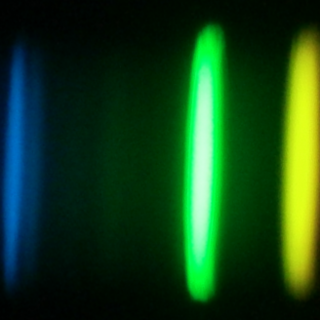Bibcode
Kilic, Mukremin; Brown, Warren R.; Allende-Prieto, C.; Kenyon, S. J.; Heinke, Craig O.; Agüeros, M. A.; Kleinman, S. J.
Bibliographical reference
The Astrophysical Journal, Volume 751, Issue 2, article id. 141 (2012).
Advertised on:
6
2012
Journal
Citations
114
Refereed citations
101
Description
We present new radial velocity and X-ray observations of extremely low
mass (ELM, ~0.2 M &sun;) white dwarf (WD) candidates in the
Sloan Digital Sky Survey Data Release 7 area. We identify seven new
binary systems with 1-18 hr orbital periods. Five of the systems will
merge due to gravitational wave radiation within 10 Gyr, bringing the
total number of merger systems found in the ELM Survey to 24. The ELM
Survey has now quintupled the known merger WD population. It has also
discovered the eight shortest period detached binary WD systems
currently known. We discuss the characteristics of the merger and
non-merger systems observed in the ELM Survey, including their future
evolution. About half of the systems have extreme mass ratios. These are
the progenitors of the AM Canum Venaticorum systems and Type Ia
supernovae. The remaining targets will lead to the formation of extreme
helium stars, subdwarfs, or massive WDs. We identify three targets that
are excellent gravitational wave sources. These should be detected by
the Laser Interferometer Space Antenna like missions within the first
year of operation. The remaining targets are important indicators of
what the Galactic foreground may look like for gravitational wave
observatories.
Based on observations obtained at the MMT Observatory, a joint facility
of the Smithsonian Institution and the University of Arizona.
Related projects

Chemical Abundances in Stars
Stellar spectroscopy allows us to determine the properties and chemical compositions of stars. From this information for stars of different ages in the Milky Way, it is possible to reconstruct the chemical evolution of the Galaxy, as well as the origin of the elements heavier than boron, created mainly in stellar interiors. It is also possible to
Carlos
Allende Prieto